All Things Are Possible
Biblical Retellings Book 5
by C.A. Gray
Genre: Biblical Fiction
Stories of the miraculous abound in the Bible: the parting of the Red Sea. David and Goliath. Daniel and the Lion’s Den. Nebuchadnezzar’s Fiery Furnace. Jonah and the Whale. Many of us learned of them on felt boards in Sunday School class, and might know them so well that we have subconsciously relegated them to the realm of myth and fairy tale. But have you ever considered what it might have been like to live through those incredible stories—without knowing how they end?
These stories and more are brought to life in All Things Are Possible, told through the eyes of the main character. As with the other books in the Biblical Retellings series, the fictionalized retelling is followed by an afterword explaining why I made the decisions I did in the story, and finally the scriptures themselves. Protagonists include prophets, prisoners, warriors, and kings, ranging from the budding nation of Israel to the glorious New Jerusalem, as seen by John the Apostle in the book of Revelation. What unites these tales is the common thread of the supernatural, depicting God’s goodness and mighty power exercised on behalf of those who trusted in Him.
That same power is still available to us today. Jesus promised that with God, all things are possible (Mark 11:27)—and He is the same, yesterday, today, and forever (Hebrews 13:8).
**Only .99 cents!!**
Blood Covenant Fulfilled
Biblical Retellings Book 4
God is a covenant making, covenant keeping God. From the dawn of prehistory, God’s dealings with mankind can be understood through the lens of covenant: a binding agreement of unending loyalty and faithfulness. His early covenants with mankind were one-sided, requiring very little from men in return. All of that changed with the birth of the nation of Israel, and her deliverance from slavery in Egypt through Moses.
The Mosaic covenant, also known throughout the Bible as “the law,” encompassed the rest of the Old Testament books through the death and resurrection of Jesus. With the perspective of hindsight, we know now that God neither expected nor intended for Israel to keep the law perfectly. Instead, He wanted them to recognize that their best human attempts would inevitably fail. What they needed was a savior who could do it for them (Romans 7:13-25): one perfect kinsman of Adam, who could redeem all mankind from the predicament of the fall, and restore God’s family to Him. This was always the goal, from the very beginning.
This second volume of the Blood Covenant duology picks up with Moses, God’s deliverance of Israel from Egypt and His institution of the law. Israel’s early interactions with God can only be understood in the context of this covenant, set against the backdrop of a heavenly war. It carries through to Jesus’ initiation of the New Covenant of His blood, and finally to the prophecy of His return through the eyes of John. Each chapter begins with a fictionalized retelling, followed by an afterword discussion of commentaries and why I made the choices I did in the stories. Finally, they include the original scriptures. Blood Covenant Fulfilled is the story of how God united both His justice and His mercy in one staggering sacrifice that changed the world for all time.
**Get it FREE!!**
Blood Covenant Origins
Biblical Retellings Book 3
One of the most common arguments against Christianity is that the God of the Old Testament seemed so drastically different than the God of the New Testament. In the Old, many claim He seemed cruel and capricious, while in the New, He suddenly became a God of love and tolerance. Yet Jesus said, “If you’ve seen Me, you’ve seen the Father” (John 14:9), and the writer of Hebrews tells us that “Jesus Christ is the same yesterday, today, and forever” (Hebrews 13:8). If God hasn’t changed, how do we explain the apparent difference? The answer lies in a long-forgotten word: covenant.
Covenants play little to no role in our world today, but in ancient times they were all-important. Treaties between individuals, tribes, and kingdoms took the form of blood covenants. These were much stronger than our modern concept of a contract, which can be broken by finding clever legal loopholes or sometimes simply by a decision not to honor one’s word. By contrast, covenants were bonds broken only by death, and at times extending to the progeny of the two making the original agreement. Ancient covenants entailed unending loyalty and faithfulness, and often included the union of all assets, liabilities, and responsibilities between the parties. Most cultures had such a concept. They got the idea from God, who keeps His covenants to a thousand generations (Deuteronomy 7:9). But in order to make such treaties with mankind, God had to find a willing human participant.
This collection of biblical retellings explores the covenants between God and Adam, Noah, and Abraham, and how these covenants (or the lack of them) affected His dealings with mankind at various times. Each chapter begins with a fictionalized retelling, followed by an afterword discussion of commentaries and why I made the choices I did in the stories. Finally, they include the original scriptures. God’s ultimate goal was always love and grace for all mankind, and yet He had to balance this with justice, as well as with honoring His own original word. Blood Covenant Origins is the story of how He began the process that ultimately led to the cross.
**Get it FREE!!**
Daughters of Zion
Biblical Retellings Book 2
Have you ever wondered what it was like for Eve to be the first woman, created as an adult but with the mind of a child? What must it have been like for Deborah to be the only female judge in Israel’s history? Ever considered how Esther felt about being chosen as queen in the ungodly kingdom of Persia—particularly when she’d have to share her husband with a harem? What must Mary and Martha have thought when their brother Lazarus had died, and it looked to them like Jesus was not coming?
This collection of retellings from the perspectives of women in scripture explores these stories and more, including a few stories from female perspectives that also appear in Messiah: Biblical Retellings. While all of these women lived in various patriarchal cultures, and some of the most prominent women were even Gentiles, scripture shows that God cherished them all. As the Apostle Paul writes, “There is neither Jew nor Greek, slave nor free, male nor female, for you are all one in Christ Jesus” (Galatians 3:28)—and this was true for believing women under the old covenant as well, whose faith was counted to them as righteousness.
These are tales of miracles and victory: from brokenness, bitterness and envy to shalom: peace and wholeness, with nothing missing and nothing broken. For some, this meant a transition from barrenness to motherhood; for others, from widowhood to love and belonging. Still others went from bereavement to receiving their dead restored to life again. They included judges and queens, and also prostitutes and despised foreigners. God is no respecter of persons (Romans 2:11, Acts 10:25): what He does for one, He will do for all who believe in His promises.
**Get it FREE!!**
Messiah
Biblical Retellings Book 1
Have
you ever wondered what it would have been like to be one of the five
thousand when Jesus multiplied the fish and the loaves? Or one of his
disciples when he walked on water? Or to have seen Lazarus come out
of the tomb? Ever wonder what Mary thought when Gabriel told her she
was pregnant by the Holy Spirit, or what the fallout was like in her
personal life? Ever considered how those two disciples felt on the
road to Emmaus, when they found that the man with whom they had been
talking was in fact their risen Lord?
This
collection of retellings from the gospels is designed to bring each
of these stories and more to life in your imagination. They stick to
the facts wherever the facts are known, from either the scriptures
themselves or from extra-biblical commentaries. But they also add in
back story when necessary, reimagining the sights, the sounds, the
colors, and the emotions for the person most involved. Each retelling
ends with an afterword discussion, summarizing the reasons for the
choices made in the story, followed by the scriptures
themselves.
Together,
I hope these retellings help to paint a portrait of the Messiah.
**Get it FREE!!**
C.A. Gray is a Naturopathic Medical Doctor (NMD), with a primary care practice in Tucson, Arizona. She has always been captivated by the power of a good story, fictional or otherwise, which is probably why she loves holistic medicine: a patient’s physical health is invariably intertwined with his or her life story, and she believes that the one can only be understood in context with the other. For freebies, giveaways, and new release info, sign up for her newsletter at http://eepurl.com/F3rof.
Her favorite fictional tales have always been epic battles of good versus evil, with a strong tendency towards parable. An idealist herself, she has always been convinced that these stories have something deeply true to tell us about the human condition, and that is why we love them so much… or at least that’s why she does.
She still wants to be everything when she grows up. She moonlights as a college chemistry teacher (she has a degree in biochemistry, with minors in Spanish and Creative Writing), does theater when she gets the chance, sings, plays piano, was once a personal trainer and in coffee shop management. She is blessed with exceptionally supportive family and friends, and thanks God for them every single day.
Website * Facebook * Twitter * Instagram * Bookbub * Amazon * Goodreads
Follow the tour HERE for special content and a giveaway!
$20 Amazon



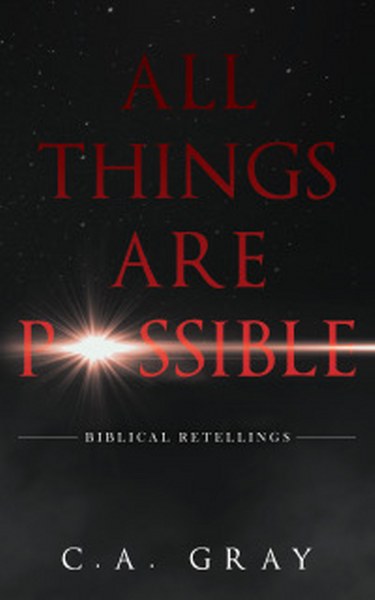
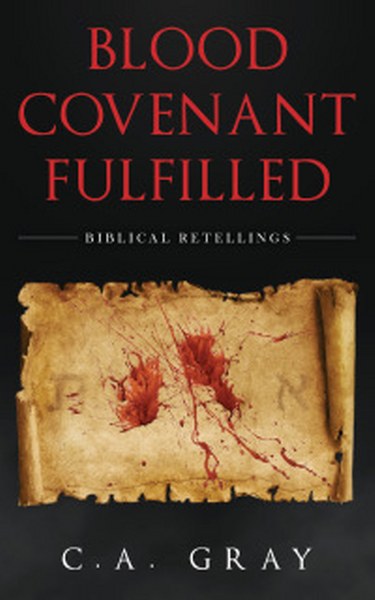
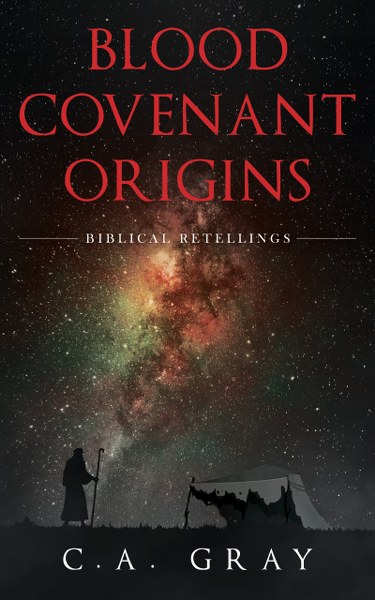
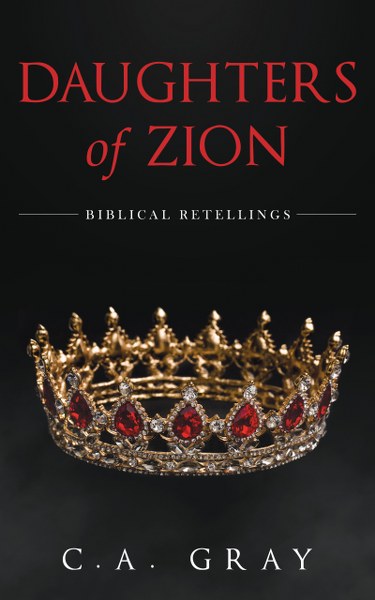
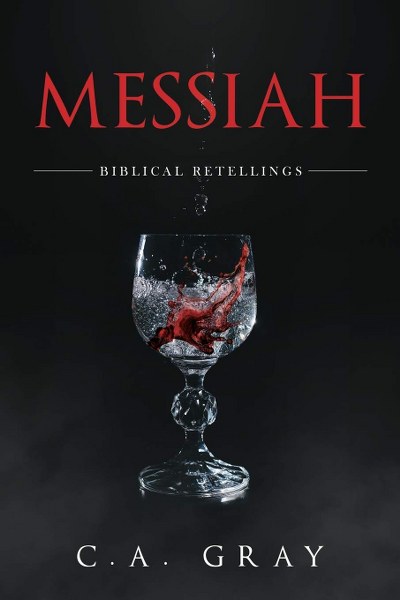




This looks like an amazing series. I love the covers.
ReplyDelete